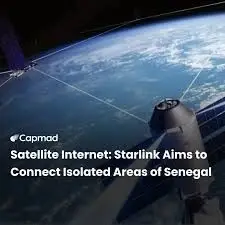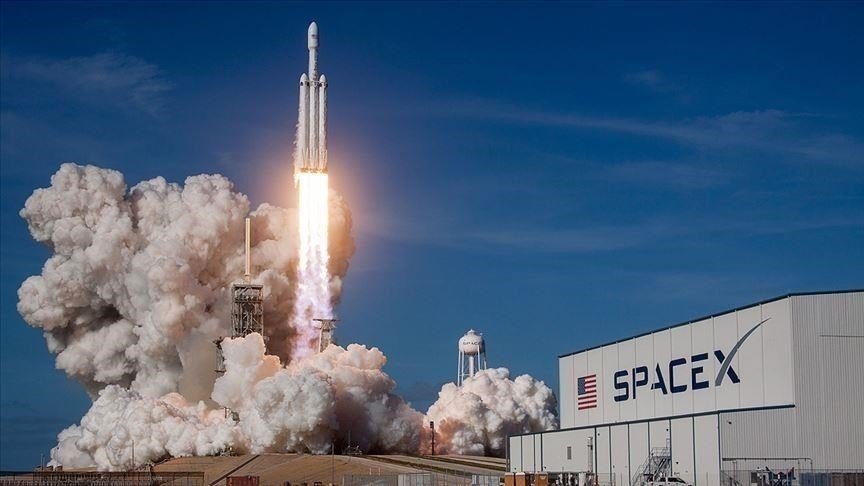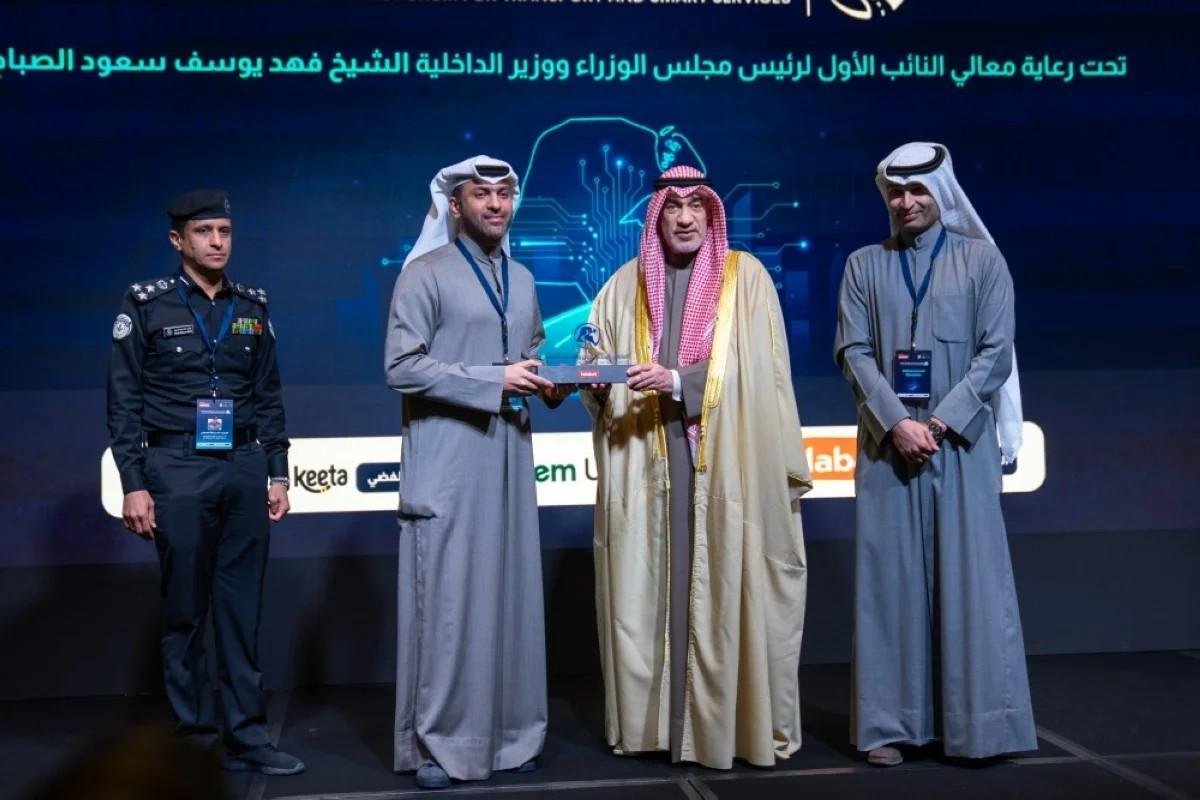ISLAMABAD – The Pakistan Space and Upper Atmosphere Research Commission (SUPARCO) is set to launch the new PakSat MM1 satellite today (Thursday, May 30), in collaboration with China, as part of the National Space Program 2047. The PakSat MM1 Project Management Team has finalized all arrangements for the satellite’s launch after thorough performance evaluations. Project Director M. Imran expressed the team’s excitement for this significant event.
PakSat MM1, designed to meet the growing communication and connectivity needs of Pakistan, will be launched from the Xichang Satellite Launch Center (XSLC) in China. This satellite project symbolizes the technological cooperation between China and Pakistan and is expected to revolutionize communication in Pakistan, marking a significant step towards a digitally connected nation.
Equipped with advanced communication technologies, PakSat MM1 will play a crucial role in the socio-economic development of Pakistan. The satellite’s launch ceremony will be broadcast live from SUPARCO’s establishments in Islamabad and Karachi.
PakSat MM1 is set to enhance Pakistan’s communication network, addressing the increasing demand for high-speed internet and seamless connectivity. SUPARCO officials stated, “This high-power multi-mission satellite will provide communication services in C, Ku, Ka Bands, and SBAS services in L Band.” It will offer broadband internet, TV broadcasting, mobile back-hauling, and VSAT connectivity.
Project Manager Usman Iftikhar highlighted that the primary objective of PakSat MM1 is to strengthen Pakistan’s communication infrastructure, paving the way for broader connectivity, especially in remote areas. The satellite will support tele-education, e-health/telemedicine, e-governance, and e-commerce, transforming Pakistan into a digital powerhouse.
PakSat MM1, a communication satellite, will be positioned in a geostationary orbit. This launch follows Pakistan’s historic lunar mission (ICUBE-Q), launched on May 3 aboard China’s Chang’E6 from Hainan, China. The iCube-Q mission, developed by the Institute of Space Technology (IST) in collaboration with China’s Shanghai University SJTU and SUPARCO, marked Pakistan’s first lunar exploration effort.
SUPARCO emphasized the vital role satellites play in improving communication, navigation, environmental monitoring, scientific research, disaster management, and telemedicine. They are indispensable for humanity’s progress and well-being. For any country, three types of satellites are essential: communication, remote sensing and reconnaissance, and navigation.















